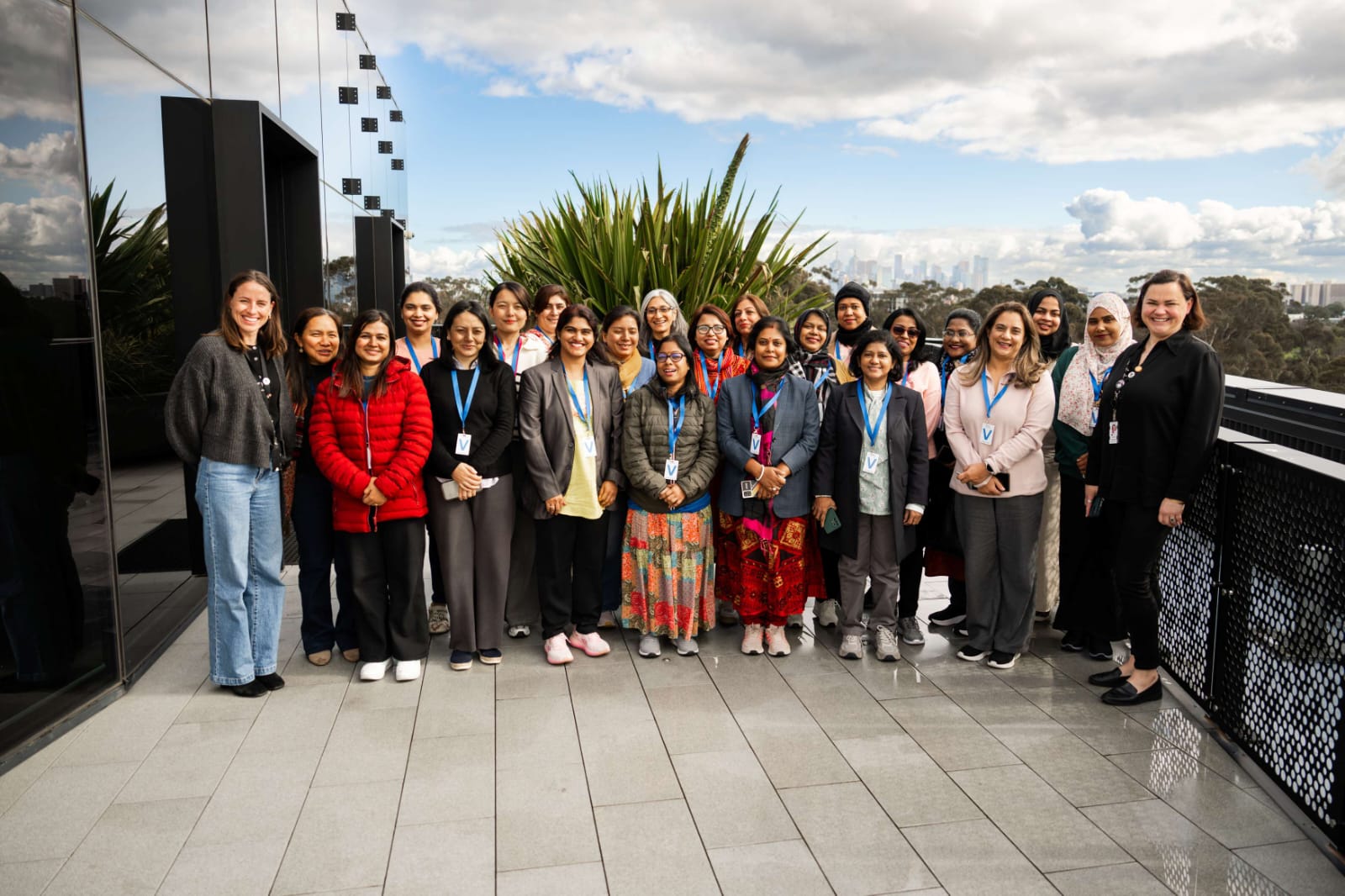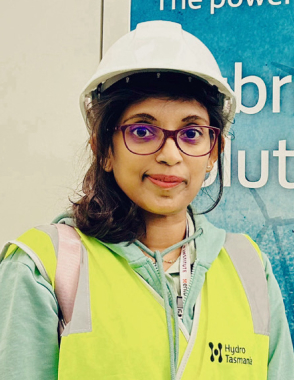Anuththara Ariyarathne
"Renewable Energy (Solar, wind and battery) (November 2024)"

"Renewable Energy (Solar, wind and battery) (November 2024)"

When Anuththara joined the Renewable Energy Course in Australia in November 2024, she brought with her a unique dual perspective of having worked as an Assistant Director at the Sri Lanka Sustainable Energy Authority, as well as a lecturer in electrical engineering. Not many alumni wear both hats of being an industry practitioner, as well as an academic, which makes her story especially inspiring. During her time in Australia, she dove deep into the world of clean energy- learning about solar, wind, battery storage, microgrids, and even the social and economic aspects of energy transition projects. For her, the training was more than just classroom learning. Anuththara also mentions that Sri Lanka is at a turning point, deciding whether to invest in pumped hydro storage or battery storage, and Australia’s approach to utility-scale battery storage served as an excellent insight for her to take back home.
However, what moved Anuththara most was not the technical aspect of training, but the confidence and new perspectives she gained while in Australia. She says, “The program gave me confidence to participate in international clean energy dialogues. Sharing experiences with peers from across South Asia was empowering, especially as a woman engineer in a fairly male-dominated field”. Her confidence now flows into her teaching. Earlier, she mostly used Sri Lanka-focused examples in her lectures. But today, she enriches her students’ learning with global case studies of microgrids, storage systems, and energy markets and helps them explore new examples from around the world.
Anuththara’s connection with SARIC didn’t end with the training. She participated in the SARIC Knowledge event hosted in Colombo and was part of the regional alumni event held in New Delhi in July 2025. The alumni event included the cohort’s participation at the India Energy Storage Week, a three-day conference in Delhi, which covered topics such as renewable energy, green hydrogen, advanced battery and energy storage solutions, electric vehicles, battery manufacturing and supply chains. Anuththara says that her highlight from the conference was learning about green hydrogen, an area where Sri Lanka has started to develop national policies but has very limited practical exposure. She was also in awe of the progress made in energy storage solutions and hopes to take those lessons with her to create positive impact in Sri Lanka.
For Anuththara, SARIC is more than a just a training, or a network of energy professionals. It is a platform to foster collaboration across South Asia, where countries face similar renewable energy challenges. She envisions SARIC playing an active role in Sri Lanka’s renewables journey - “A couple of decades ago, Sri Lanka’s renewable priorities focused on rooftop solar energy solutions and wind energy solutions. Today, the conversation is shifting to different strategies of energy storage like utility or battery, or even pump storage. There is also a growing talk of green hydrogen. Renewables are broadening as a sector day by day. We can use SARIC as a catalyst to accelerate clean energy transition through growing collaboration, not only in Sri Lanka but across South Asia”, she says.